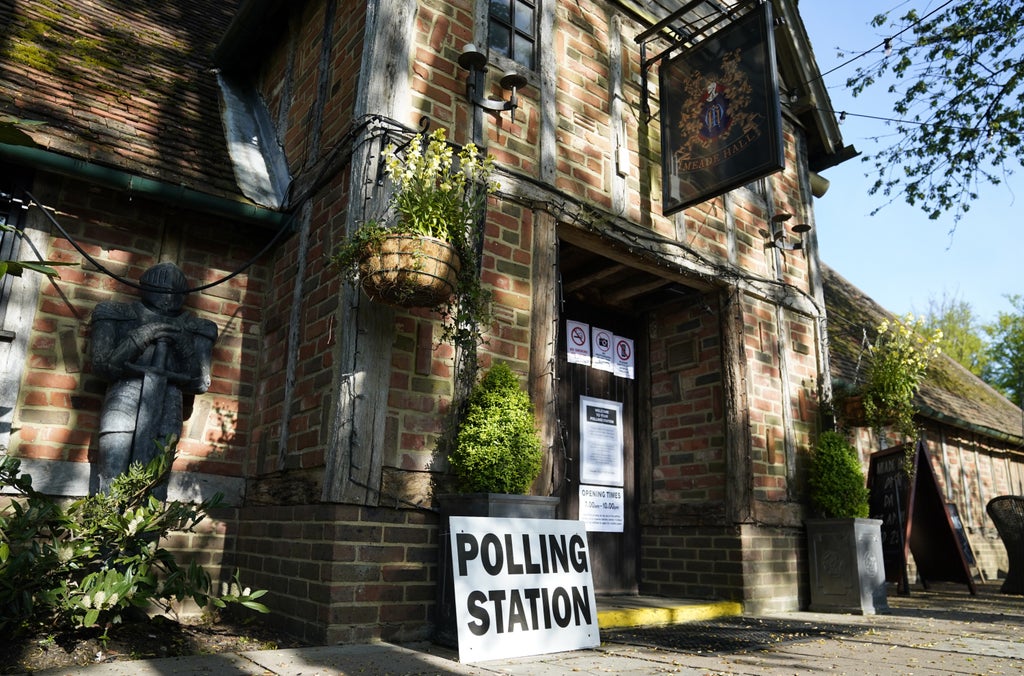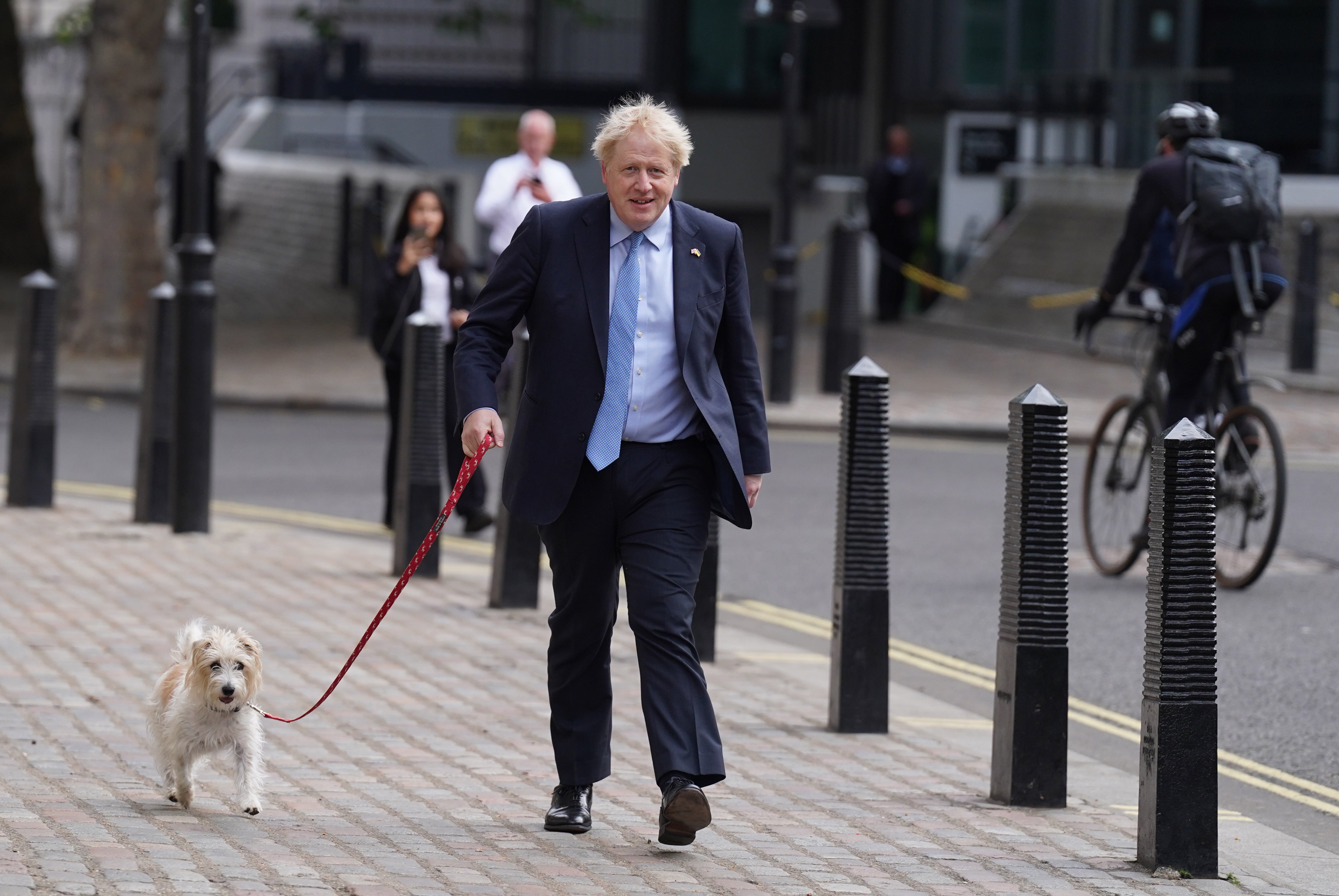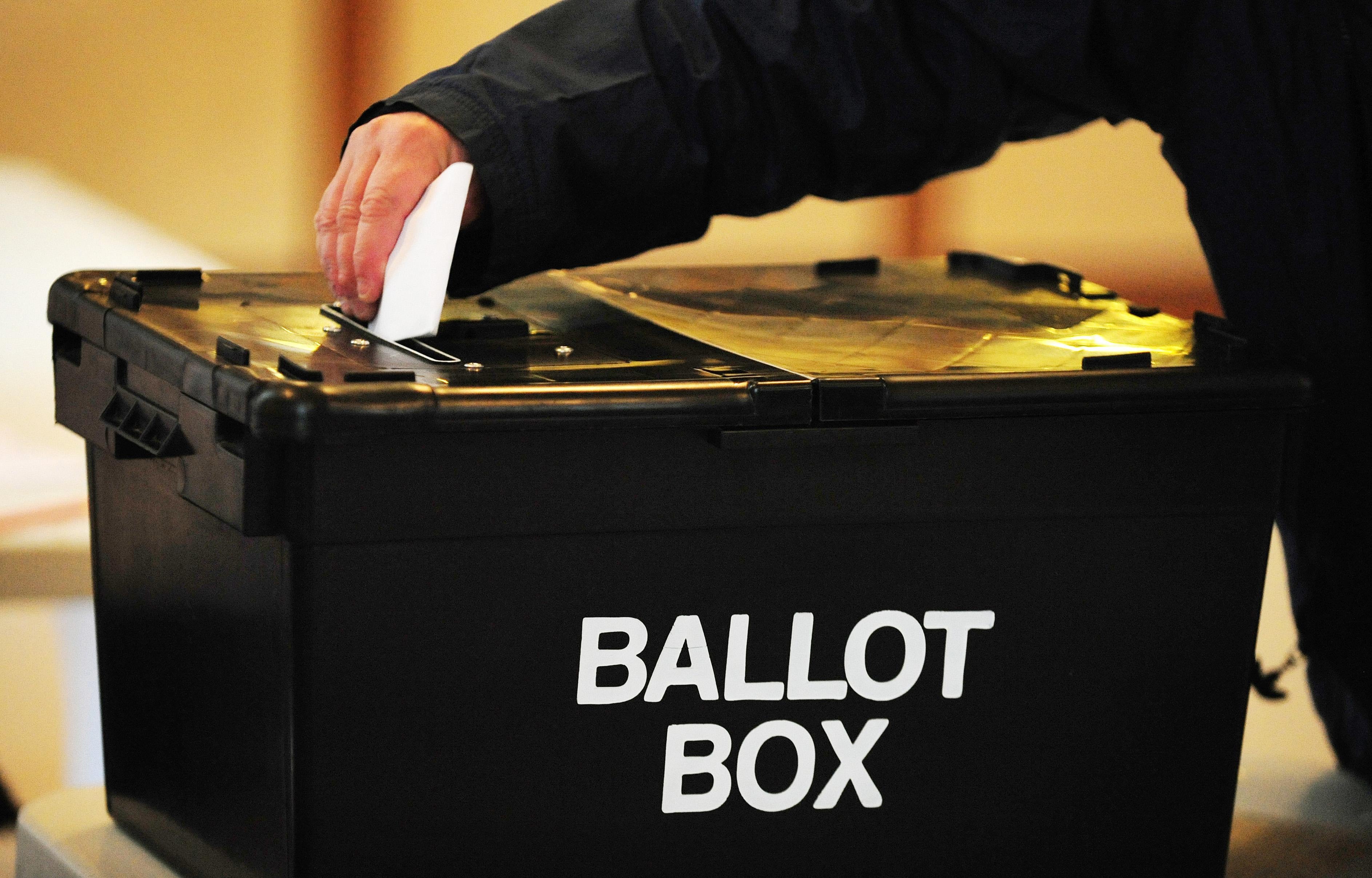
Voters across the UK are heading to the polls in local elections taking place in England, Scotland, Wales and Northern Ireland.
Polling stations opened at 7am on Thursday and will close at 10pm, with most of the results known by the end of Friday.
During the campaign, Oliver Dowden, the Conservative Party chairman, accused the Labour Party and the Liberal Democrats of forging an electoral pact which he said was designed to ensure the Tories suffered losses in England.
In a letter to Labour leader Keir Starmer, leaked to the Mail on Sunday last week, Mr Dowden accused the party of denying "voters a proper democratic choice".
He claimed Labour was putting forward fewer candidates in the south of England than it did in the 2018 elections, in seats where the Lib Dems are stronger.

Mr Dowden added that the Lib Dems are "returning the favour" in the North of England, where Labour is stronger. Both Mr Starmer and Ed Davey, the Lib Dem leader, have denied the accusations.
Asked about the claims, Mr Starmer said: “Everybody knows there is no pact. I wouldn’t take anything Oliver Dowden says particularly seriously."
Mr Davey said: “There’s no pact now. There’s not going to be a pact in the future."
He added: "Liberal Democrats are actually fighting Labour in many areas – in Hull, in Sunderland, in Sheffield, in Haringey, in Southwark, and many other places where there’s a real fight."
The row has raised the question of tactical voting, which is said to have become a "staple" of UK elections in recent years.
But what is it, does it work and is it legal?

What is tactical voting?
Tactical voting is a term given to a scenario where any voter chooses to back a candidate they would not normally support in order to help a different candidate win.
It can take place in constituencies or wards where two parties are in a tight race and candidates from other parties trail far behind in third.
A voter who supports a candidate in third place, who has no chance of winning due to the first past the post system, might back one of the two main candidates instead.
They might base this decision on shared values or the desire to keep another party out of power.
For example, a Labour supporter might vote Liberal Democrat in a seat where the latter has the better chance of beating a Conservative.

Does it work?
There is an element of guess work with tactical voting, as it involves predicting how candidates will fare in an election.
It can be difficult to forecast who the second or third place candidates will be, as you would likely be basing your conclusion on past records from previous elections.
Depending on the history of the seat, some races are much more clear cut than others.
However according to Stephen Fisher, professor of political sociology at the University of Oxford, tactical voting can still have an influence on elections.
He said it played a big role in delivering former prime minister Tony Blair's landslide election for Labour in 1997 and has been "a staple of elections since then".
According to the electoral reform website, "tactical voting and electoral pacts loomed large" over the 2019 election.
It cited a poll by YouGov showing that one in every three voters (32 per cent) opted for a tactical vote, instead of going for their preferred party or candidate.
Is it legal?
Voters in the UK are free to choose whatever candidate they like, which means tactical voting is legal.







